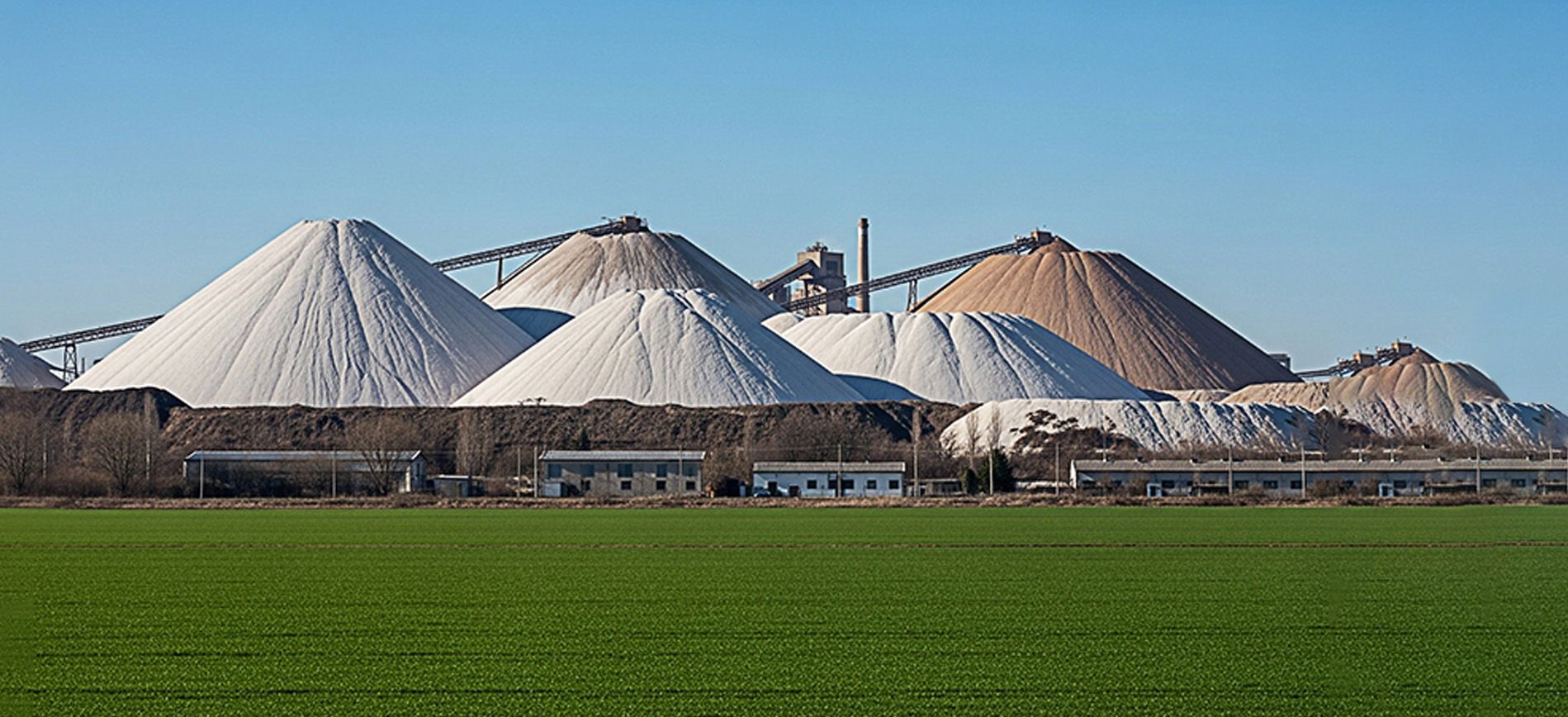Ammonium Fertilizer: Driving Crop Productivity in Africa’s Diverse Climates
Ammonium Fertilizer:
Driving Crop Productivity in Africa’s Diverse Climates

Ammonium-based fertilizers play an essential role in Africa’s agricultural development, providing much-needed nutrients to boost crop productivity. Given the continent’s diverse climate zones, selecting the right ammonium fertilizer blend is crucial for meeting the unique needs of each region. This blog explores the benefits of ammonium fertilizers, the types suited to different African climates, and strategies for optimizing crop yield.
Understanding the Benefits of Ammonium Fertilizers for African Agriculture:
Ammonium fertilizers, known for their high nitrogen content, are invaluable for supporting robust plant growth. Nitrogen promotes leaf and stem development, allowing crops to thrive in both humid and arid climates. As ammonium can be absorbed directly by plants, it provides a fast-acting solution for farmers seeking to maximize productivity, particularly in nitrogen-deficient soils across Africa.
Choosing the Right Ammonium Fertilizer for Diverse Climates:
Africa’s climates range from the arid regions of North Africa to the tropical rainforests of Central Africa. In drier areas, ammonium nitrate is commonly used because it provides both nitrogen and an acidifying effect that improves alkaline soils. In humid regions, ammonium sulfate is often preferred as it supplies sulfur, an additional nutrient that enhances crop health. Customizing ammonium fertilizer choices based on local soil conditions can lead to higher efficiency and greater yield.
Optimizing Ammonium Fertilizer Use with Efficient Application Practices:
Applying ammonium fertilizer at the right time and in the correct amount is essential for maximizing its benefits. Techniques like split applications, where fertilizer is applied at different crop growth stages, help reduce nutrient loss. In regions with heavy rainfall, deep placement methods prevent leaching, ensuring nitrogen remains accessible to crops. Educating farmers on these application practices can lead to more sustainable and effective fertilizer use across African farmlands.
Conclusion:
Ammonium fertilizers are vital to enhancing crop productivity in Africa’s varied climates, from arid deserts to lush tropics. By selecting the appropriate ammonium fertilizer and optimizing application techniques, African farmers can achieve higher yields and contribute to the continent’s food security goals.




